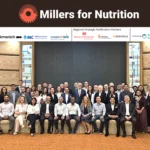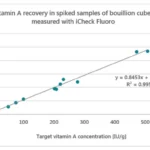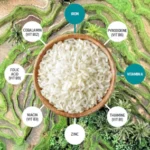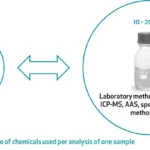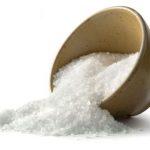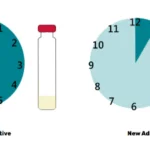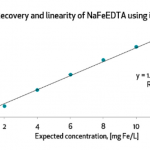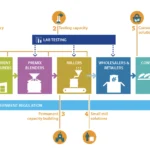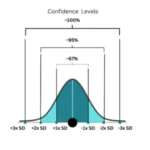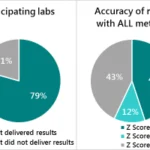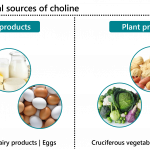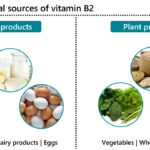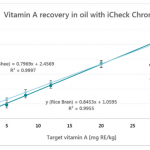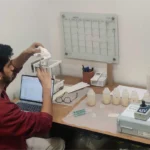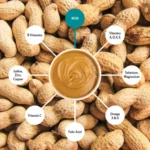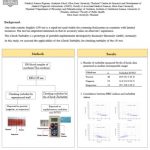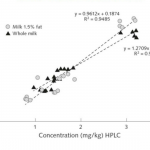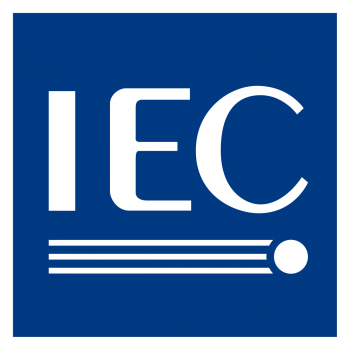The Nutrients webinar series, organized by MDPI’s open-access journal Nutrients, offers a dynamic platform for researchers, clinicians, and policymakers to explore current topics in human nutrition. Each session features expert-led presentations and discussions on diverse subjects, including school-based nutrition policies, the interplay between adipose tissue and health, intestinal microecology, vitamin deficiencies, and the anti-inflammatory effects of plant-based diets. These webinars are designed to be accessible and interactive. The series encourages global participation, fostering knowledge exchange and advancing the field of nutritional science. One of the webinars addresses Vitamin Deficiency and Benefits of Vitamin Supplementation for Human Health by experts such as Prof. Dr. Manfred Eggersdorfer, Prof. Dr. Stefan Bücker and Prof. Dr. Florian Schweigert, founder of BioAnalyt.
Micronutrient deficiencies continue to pose a serious threat to global health, silently impairing immune function, growth, and survival, especially in vulnerable populations. Vitamins are essential nutrients that the body needs to function properly, yet dietary intake often falls short of recommendations, not only in developing countries but also in some industrialized nations. Early vitamin insufficiency may go unnoticed and symptomless, but it can negatively impact health later in life (triage theory).
Framing the Challenge: Prof. Dr. Manfred Eggersdorfer
Setting the stage, Prof. Dr. Manfred Eggersdorfer shared alarming data on global vitamin insufficiency. An estimated 4 billion people fall short of recommended levels for key nutrients like vitamins E, B2, C, and folate, while nearly 88% of the global population has suboptimal vitamin D levels (3). Prof. Eggersdorfer emphasized the superiority of blood biomarkers over dietary intake surveys in assessing nutrient status. Using vitamins D and E as case studies, he highlighted their protective roles against conditions such as osteoporosis, cardiovascular disease, and even cancer. His presentation reinforced the importance and safety of strategic supplementation, including vitamin D at doses up to 4,000 IU/day (3).
The Heart of the Issue: Prof. Dr. Florian Schweigert
Prof. Dr. Florian Schweigert, an expert on vitamin A, noted that vitamin A deficiency is not only widespread, with over 190 million children under five affected, but also entirely preventable. The condition remains a major cause of child blindness and mortality in low-resource settings (3). 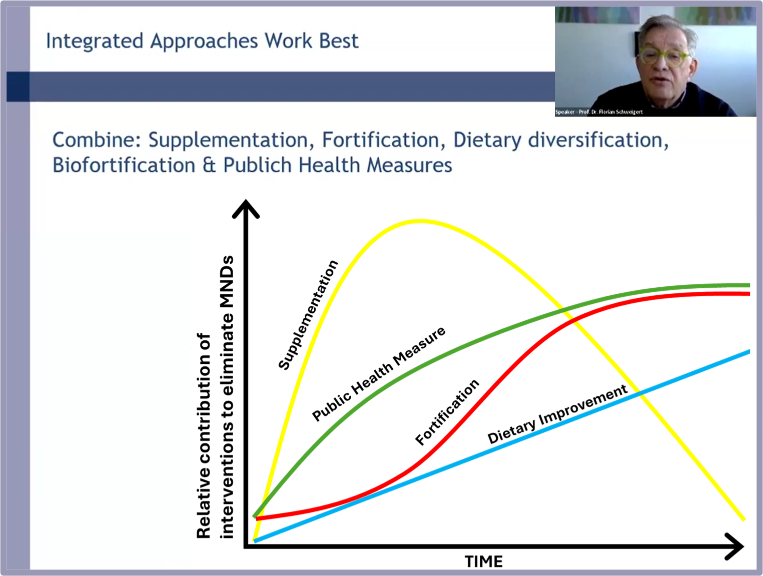 Prof. Schweigert explained the biological nuances of vitamin A, including the difference between preformed vitamin A from animal sources and plant-based provitamin A carotenoids. He underscored the complexity of measuring vitamin A status, which depends on liver stores and is confounded by inflammation, making accurate monitoring especially challenging (3). Prof. Schweigert highlighted that it is the integrated approach with a mix of interventions that is most effective. Governments and stakeholders should align efforts across health, agriculture, and education sectors; enforce mandatory vitamin A fortification of staple foods; expand vitamin A supplementation (VAS) through immunization and child health days; promote regional cooperation for harmonized policies; and align diagnostic criteria with global standards to help improve targeting and effectiveness.
Prof. Schweigert explained the biological nuances of vitamin A, including the difference between preformed vitamin A from animal sources and plant-based provitamin A carotenoids. He underscored the complexity of measuring vitamin A status, which depends on liver stores and is confounded by inflammation, making accurate monitoring especially challenging (3). Prof. Schweigert highlighted that it is the integrated approach with a mix of interventions that is most effective. Governments and stakeholders should align efforts across health, agriculture, and education sectors; enforce mandatory vitamin A fortification of staple foods; expand vitamin A supplementation (VAS) through immunization and child health days; promote regional cooperation for harmonized policies; and align diagnostic criteria with global standards to help improve targeting and effectiveness.
Clinical Insights: Prof. Dr. Stefan Bücker
Adding a clinical perspective, Prof. Dr. Stefan Bücker presented findings on vitamin metabolism in patients with chronic kidney disease (CKD). His research revealed that micronutrient levels, including niacin and vitamin C, can be impaired by disease mechanisms unrelated to intake, highlighting the need for personalized nutrient assessment in medical care (3).
From Knowledge to Action
This webinar underscored that tackling vitamin deficiencies requires more than awareness; it calls for innovation, collaboration, and implementation tailored to real-world challenges.
To view this webinar and access free webinars on other Nutrients-related topics, go here: https://sciforum.net/event-series/Nutrients


